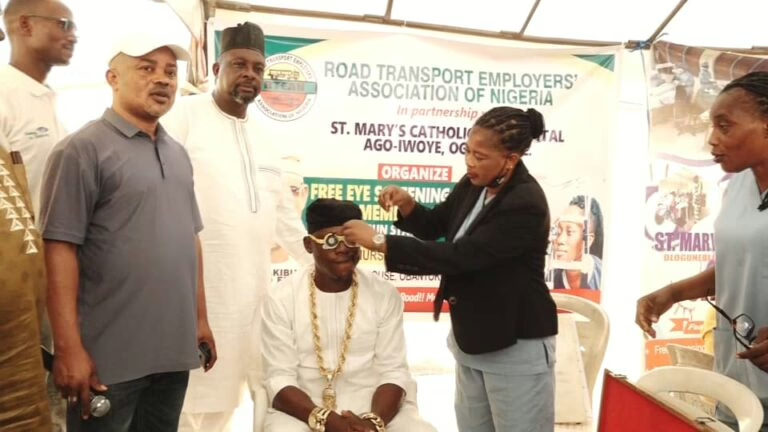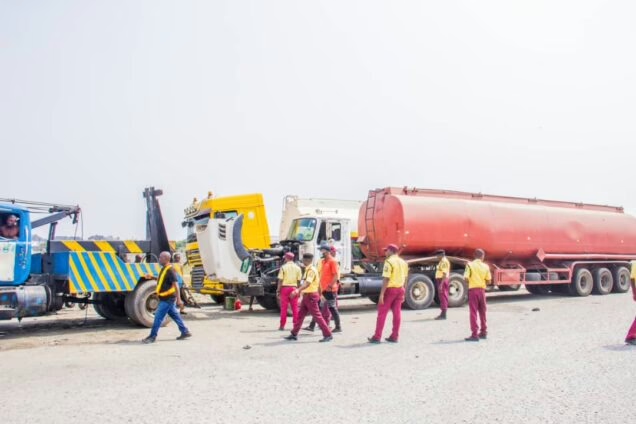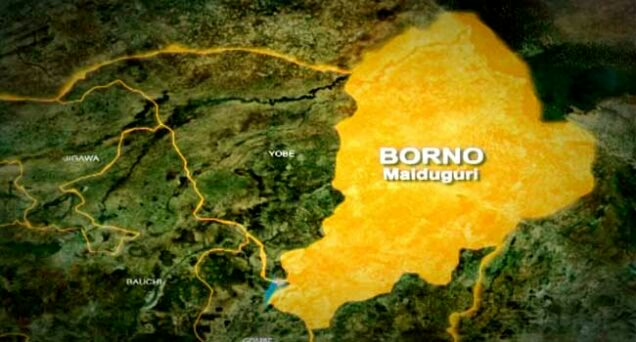As an entrepreneur, before you go into any business, you make sure it’s a business you fully understand. Otherwise, you will have your fingers burnt badly, just like Akogun ’Lanre Adesuyi, the owner of Havilah Merchants Nigeria Limited experienced, as revealed in a new biography on him written by my friend, Dotun Adekanmbi, the author of The Will To Win: The Story of Biodun Shobanjo and an impressive list of biographies.
His latest is: AKOGUN ’LANRE ADESUYI: WHO DARES WINS written to mark Akogun Adesuyi’s 70th birthday. From it, I bring you this excerpt about how Adesuyi dabbled into pharmacy business when he had no knowledge of what it entails. He suffered a setback, learnt his lesson and bounced back as a winner who dares and wins:
***
Akogun Lanre Adesuyi started out by launching a pharmaceutical distribution outlet in Kaduna. That decision may have been influenced in part by his strong network of senior officers in the Armed Forces as well as the fact that his cousin, Ade Popoola, a pharmacist, worked with Astra Zeneca, a leading pharmaceutical company. At the time, Astra Zeneca needed individuals who could stock its vast portfolio of well-patronised products. Adesuyi, who saw an opportunity, immediately ordered two containers of drugs that he stored in a warehouse. He also employed a pharmacist to manage the business and handle product inventory. At first, everything looked so promising. Then, boom, everything headed south!
Stocks were sold without efficient accounting. What was not sold began to expire in the store because it took an awfully long time before the government took delivery of its orders. Debts were hard to recover, and debtors became recalcitrant. Month-on-month, salary defaults piled up. Then all manner of business and professional complications set in. Adesuyi soon began to struggle to put food on the table at home. Put simply, he got his fingers badly burnt. In desperation, he sold off whatever remained to his cousin, virtually giving away the warehouse and everything in it. He was driven by an urgency to cut losses and recoup some of his investments.
Popoola had simple explanations for Adesuyi’s business woes: “The pharmaceutical business is very tight. People who invest in it are either trained as pharmacists or mentored like a trader. If you are not either of these and plunge headlong into the business by employing other people, you will lose much either through pilfering or mismanagement. I think that was what he experienced with that business.”
With hindsight, Adesuyi said, “I lost good money. But I learnt useful business lessons, the most important of which is never to dabble in a business for which you do not have the competence or training. I did not know much about pharmaceutical business, neither was I trained as a pharmacist; I just ventured into the business because of the opportunity to warehouse some products during a period of seeming boom. But I did not lose focus because I see God as a continuum, so the crisis did not shake my faith in Him. I strongly believed and still believe that if one falls, one will rise again.”
The experience was just one of the many he would have in his journey as an entrepreneur. The one that shook him badly was when he almost lost his house in Zaria over a loan default. The genesis was that he had set himself a goal to live in his own house by age 40, an objective he achieved by 1994. Toward reaching that goal, he worked at generating additional income streams to guarantee his financial security while still an employee of UPPLC. No work was too hard for him, none out of bounds. He initially invested in agriculture as a pastime, and this grew to a ten-hectare farm in Zaria, of which his main produce was brown beans. He also had a small poultry. At weekends, the family worked on the farm and generally had fun while at it.
Said he, “I started with one hectare of land or thereabouts. I spent my weekends on the farm with my wife and children, carrying knapsacks on our backs to spray the beans ourselves but we engaged people at harvest time. We usually harvested as much as ten large drums of beans to which we added preservatives to keep away weevils. We stored the produce until prices went up before we sold them off. One of our major customers was Federal Government Girls College, Bakori. We also sold consignments to ECOMOG during the war in Liberia. Part of the money I realized from farming brown beans was what I used to roof my first house in Zaria.”
When he felt a need for crop expansion and other activities to improve the farm, he took an agricultural loan from a bank, which he secured by pledging his beautiful bungalow as collateral security. When he defaulted on his repayment obligations, the bank twice wrote threatening letters to take possession of the house and dispose of the cute building that the family felt so proud to own.
It seemed like a dream to him: “I didn’t know I survived that period. Eventually, I paid off the loan and had my peace of mind. From that experience, I learnt there are some risks one should not take. For one, you should never take any risk that will affect where you live. People are known to have committed suicide because they pledged their houses as security for loans on which they defaulted. I don’t blame them, but one should be careful, one should stay away from doing it. If you have doubts about how to pay back, don’t ever do it.”
Though he learnt his lessons, the trauma of the near loss of his house did not stop him from going into distributorship of the popular Eleganza plastic products in Zaria. He rented a big warehouse that he repainted and launched the business with fanfare. He sold plastic chairs, tables, trays, flasks, coolers, and whatever else Eleganza produced. As it happened with his foray into pharmaceuticals, the business went belly up and he had no recollection of whatever happened to the unsold stock. Again, he took this in his stride, believing it was just another bad day in the office, for which he acknowledged that he journeyed into a terrain that was not his ‘area’ of specialization.
To prepare for the journey ahead, he consistently sponsored himself to the annual London Book Fair and Office Equipment Fair in Manchester as part of his professional self-development initiative. He felt he needed the experience to be current with trends in publishing, library development and archiving. He believed his knowledge of global best practices would help him push whenever he was ready to hit the market. Each time he visited the UK, he consciously tried to identify solutions to plug the challenge of dissatisfaction amongst end-users with the quality of library supplied in Nigeria. He was determined to carve a niche for Havilah by blocking a loophole he had long identified in the educational books sector.











